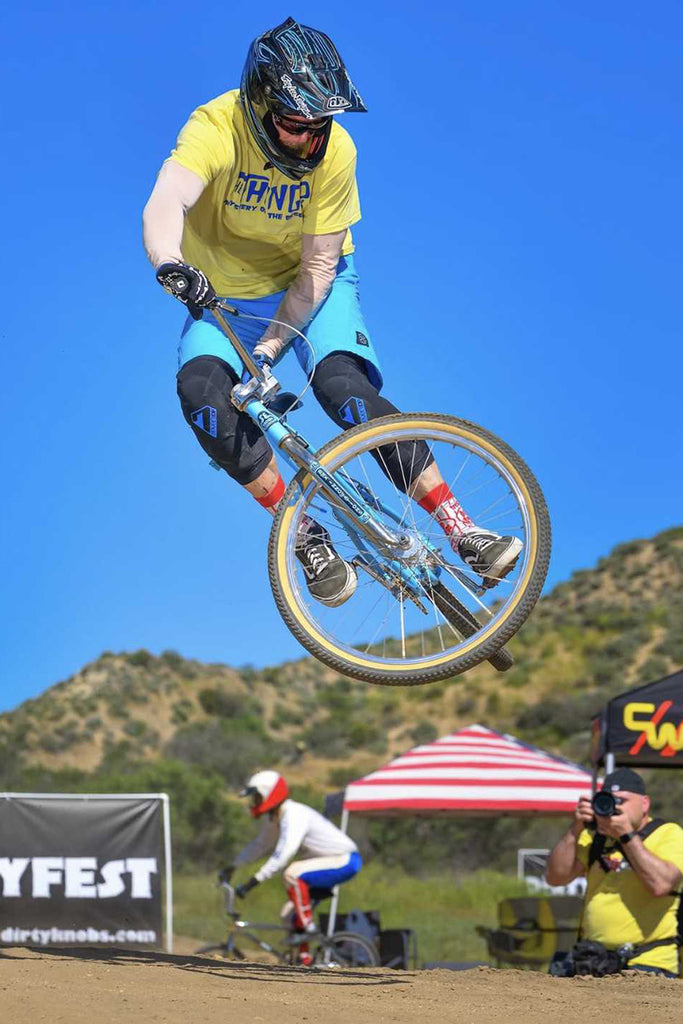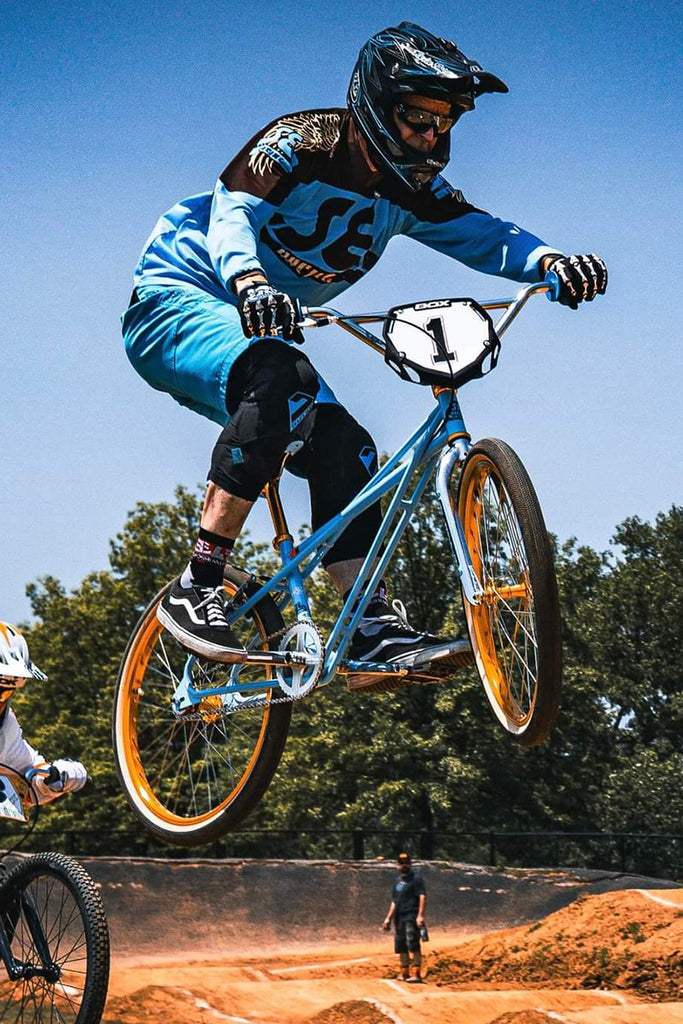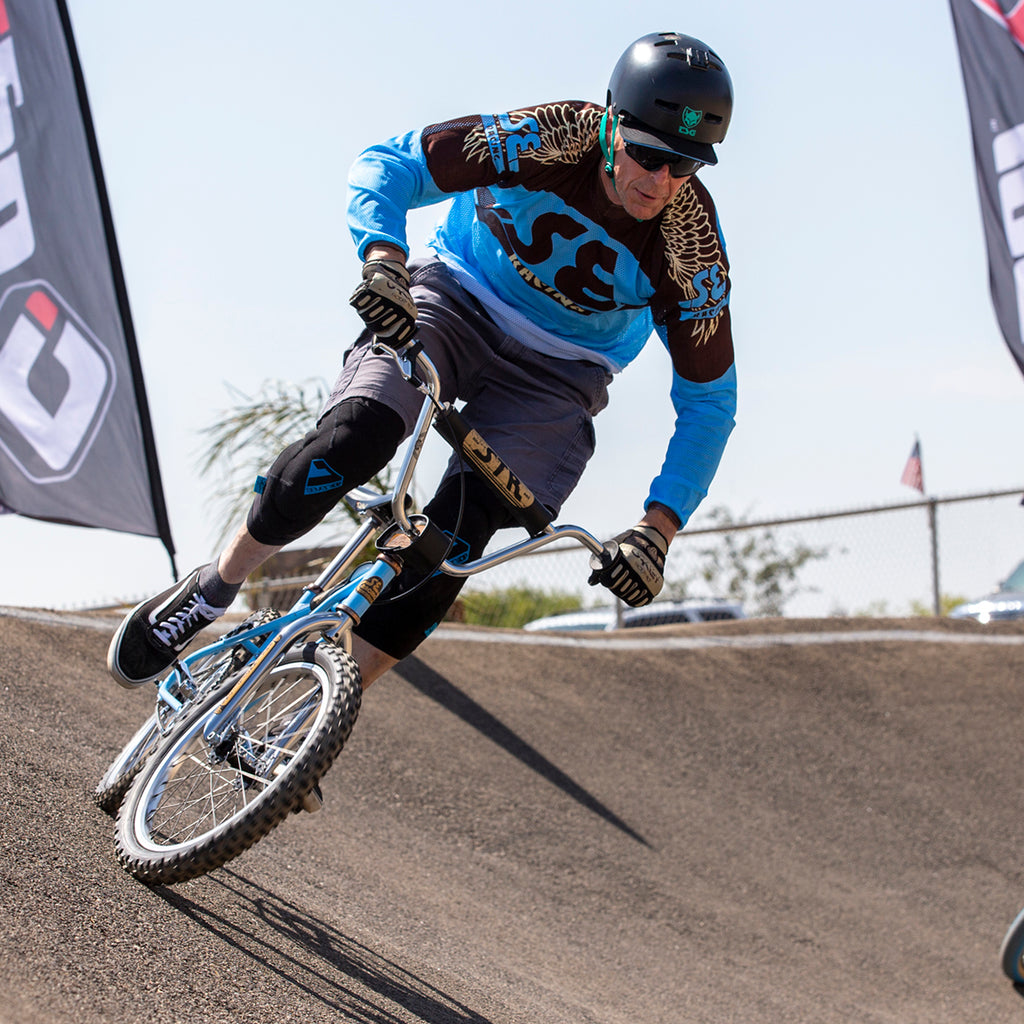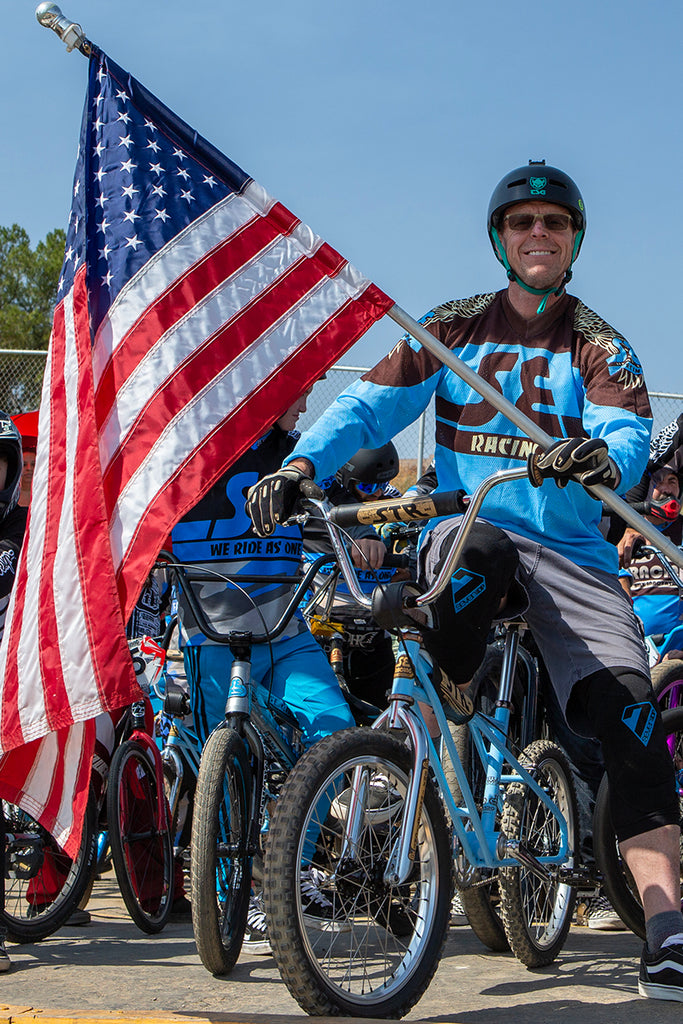Which decades did you compete in?
I competed in the '70s, ‘80s.
Which BMX era was the best for you?
My entire career was the best I could have ever hoped for. In the early days of the '70s, BMX racing brought on the development of bikes & parts and paved the way to better equipment. During the '80s I was able to continue my winning ways and remain a top contender up until my retirement in 1987.
Can you quickly rattle off the national and world titles that you’ve won? Or do you have to Google yourself?
I seem to forget more than I remember. So yes, I resort to others for a quick memory refresh. Some of my quick highlights include: 1974 Yamaha Gold Cup Winner, 1977 & 78 NBA National #1, 1978 Pro World Champion, 1979 ABA National #1 Pro, 1981 & 1982 NBL National #1 Pro.
Are there some people that remember more about your BMX past than you do?
Yes, and I look at those people as the historians of the sport of BMX.
What was more important to you, a big payday or scoring the cover of a magazine?
With winning came coverage, more winning (money comes with winning) equates to magazine coverage.
What does it mean to you to have a signature bike with SE nearly 40 years after you were first sponsored by SE Racing?
It is an honor to be thought of as a person who made a lasting impact on this sport. SE was one of my sponsors from the early years and it feels good knowing that we are able to work together to keep spreading the word of BMX.
Are big wheels the fountain of youth for an old school BMXer like yourself?
Big wheels give me another option to keep doing what I love. Fountain of youth? That's tough to answer. I have been cycling my whole life. For me, cycling is my fountain of youth.







